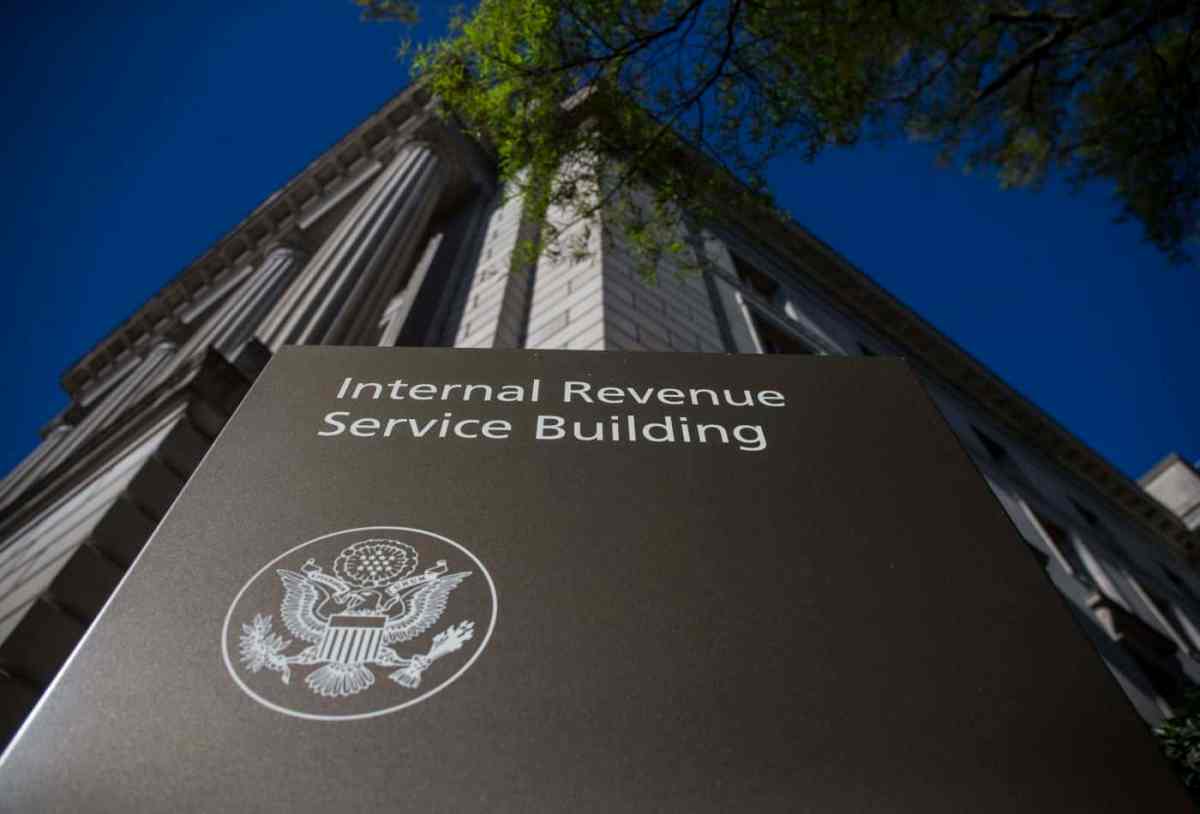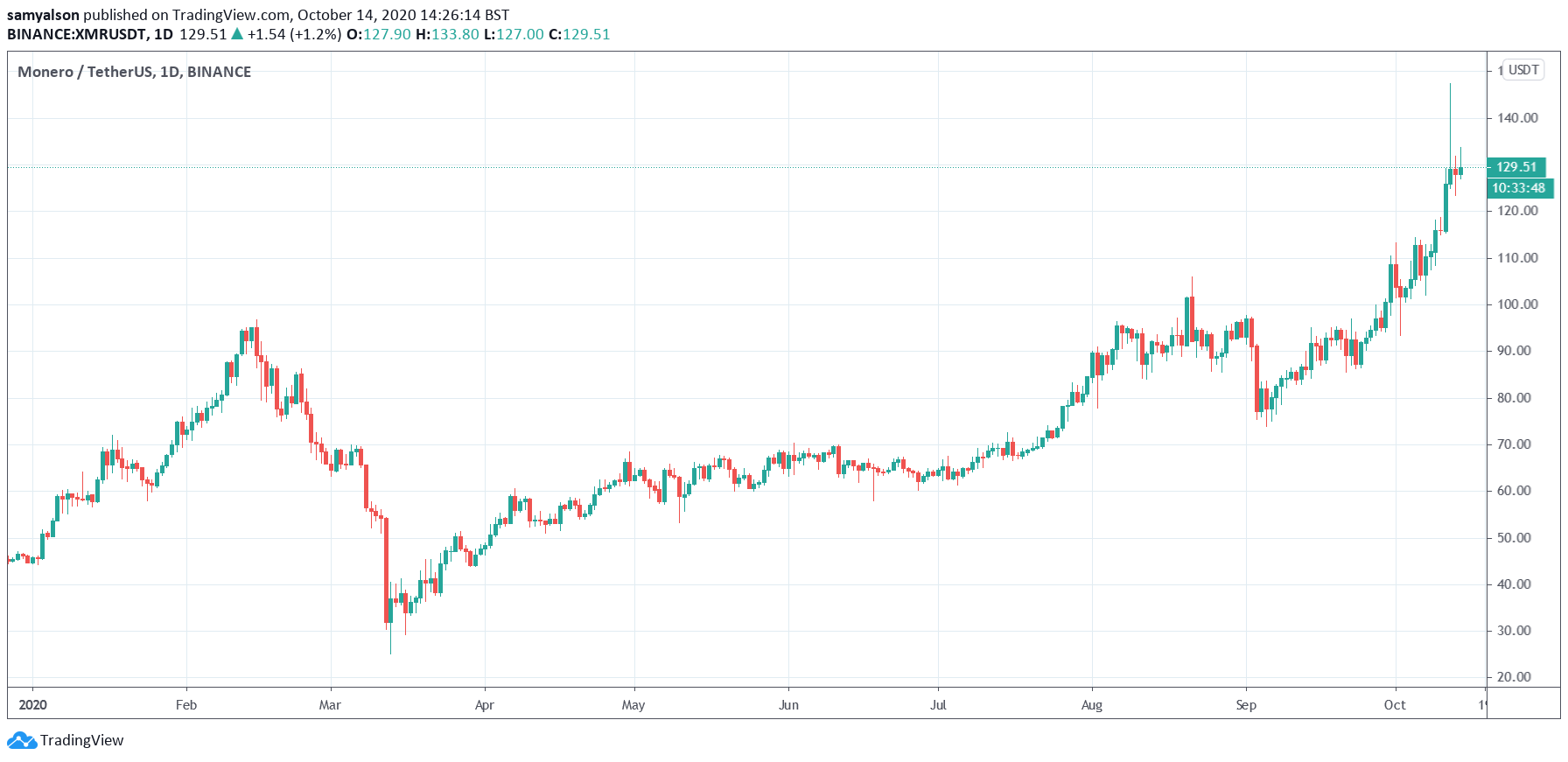
The United States Internal Revenue Authority (IRS) has updated the FAQ section on cryptocurrencies. A report unveiled this news on March 3, noting that the update exempts individuals that purchased crypto using fiat currencies and had no other crypto transactions in 2020 from reporting such transactions under the virtual currency question. Reportedly, this news comes after the agency updated the first page of the US citizen’s Individual Income Tax Return form (Form 1040), asking taxpayers whether they had engaged in crypto last year.
According to the report, Form 1040 asks whether the taxpayer received, sold, sent, exchanged, or got any financial interest in any virtual currency in 2020. To this end, the respondents that got crypto assets in whatsoever means need to answer “yes” to this question. However, the fifth question on the updated FAQ form asks if a respondent that purchased cryptocurrencies with real money and had no other crypto transactions until the end of the year must report such activities in Form 1040.
Are you looking for fast-news, hot-tips and market analysis? Sign-up for the Invezz newsletter, today.
Responding to this question, the IRS said,
If your only transactions involving virtual currency during 2020 were purchases of virtual currency with real currency, you are not required to answer yes to the Form 1040 question.
Authorities still lag regarding crypto regulation
This news comes as the IRS continues striving to provide more clarity on how crypto investors should report their tax obligations to prevent going against the law. However, the crypto sector’s rapid rate of innovation has seen the taxman among other regulators fall behind. To this end, the IRS has been constantly updating Form 1040, with the previous version asking all US taxpayers if they had at any time during 2020, received, sold, sent, exchanged, or otherwise acquired any financial interest in any virtual currency.
This change left many taxpayers perplexed and concerned because the question was not well defined. As a result, many US taxpayers took to Twitter, hoping to find answers.

















